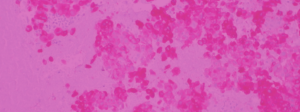
Can vegetables reduce skin cancer symptoms?
We all know that the antioxidants contained in fresh vegetables such as leafy green vegetables, carrots, sweet potatoes and squash are very powerful when it comes to fighting the effects of free radicals. Limiting free radicals means you stand less chance of developing cell abnormalities that can lead to skin cancer and melanoma.





